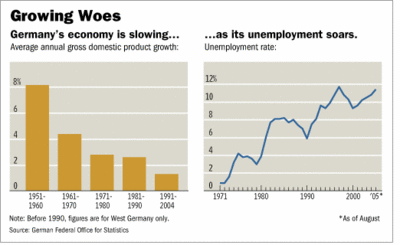US unveils criteria for aspiring UNSC members
The state department came out with its vision of UNSC reforms yesterday, saying "potential members must be supremely well qualified, based on factors such as commitment to democracy and human rights, economic size, population, military capacity, financial contributions to the UN, and record on counter-terrorism and non-proliferation".
The four are forming a coalition to obtain this change as a block. I believe this is a mistake as the group of four is less likely to garner support as a group rather than as a loose coalition or as individuals. From the Daily Yomiuri:
a proposal submitted by the so-called Group of Four countries--Japan, Brazil, Germany and India--to increase both the number of permanent and nonpermanent council members was scrapped without being put to a vote.
The group failed to secure support from African nations, which represent a large voting bloc, while permanent council members China and the United States attempted to kill the G-4 plan by any means.
I do not see the US wanting either Germany or Brazil as permanent members. The US will likely support Japan and India's aspiration, Japan more so than India.
‘‘Expansion of the (Security) Council will make it more effective, better than less effective,’’ US Assistant Secretary of State Kristen Silverberg told reporters.
She said for the eligibility of any country, the US considered its commitment to the organization, reflected by financial contributions and contribution to peacekeeping operations.
‘‘We also look at factors like regional diversity, size of the country’s population and size of economy,’’ Silverberg said.
‘‘Japan clearly meets those criteria,’’ she said.
Silverberg, however, said there may be ‘‘other countries’’ meeting the criteria and the US would be ‘‘interested’’ in working with other member countries in this regard.
On Monday, Indian hopes of support for its Security Council bid had risen with the US State Department unveiling its vision of UNSC reforms saying, “factors such as commitment to democracy and human rights, economic size, population, military capacity, financial contributions to the UN and record on counter-terrorism and non-proliferation” would count as qualifications.
China will likely oppose Japan's ascent, and will be tepid to India. It is unclear at this time where the rest of the veto-empowered members lean.
Politics aside, it seems clear that Japan should be a member as the number two economy in the world. Japan's lack of global force presence is by choice, not by lack of ability. This too is being reviewed. Japan would balance that of China in East Asia. India still has a way to go, but India is ascendant. Germany once could have made a claim, but its economic clout has descended to near zero growth. And there are enough Europeans on the council already (France, UK, Russia).

Brazil does not belong; Brazil is stuck in time. Geography and population count are not enough for Brazil. If so, we might as well include Indonesia. At least Indonesia would add Muslim to the mix. Interesting that there are no Middle Eastern power anywhere near any global threshold for consideration.
My thoughts. Japan should be included as a veto capable member of the UNSC.
India should have permanent seat in an expanded UNSC but without veto power.
Germany should not. Brazil should get one when Indonesia, Nigeria, or South Africa get one.
Update: Germany's weekend election will likely result in continued political and economic quagmire.
No comments:
Post a Comment